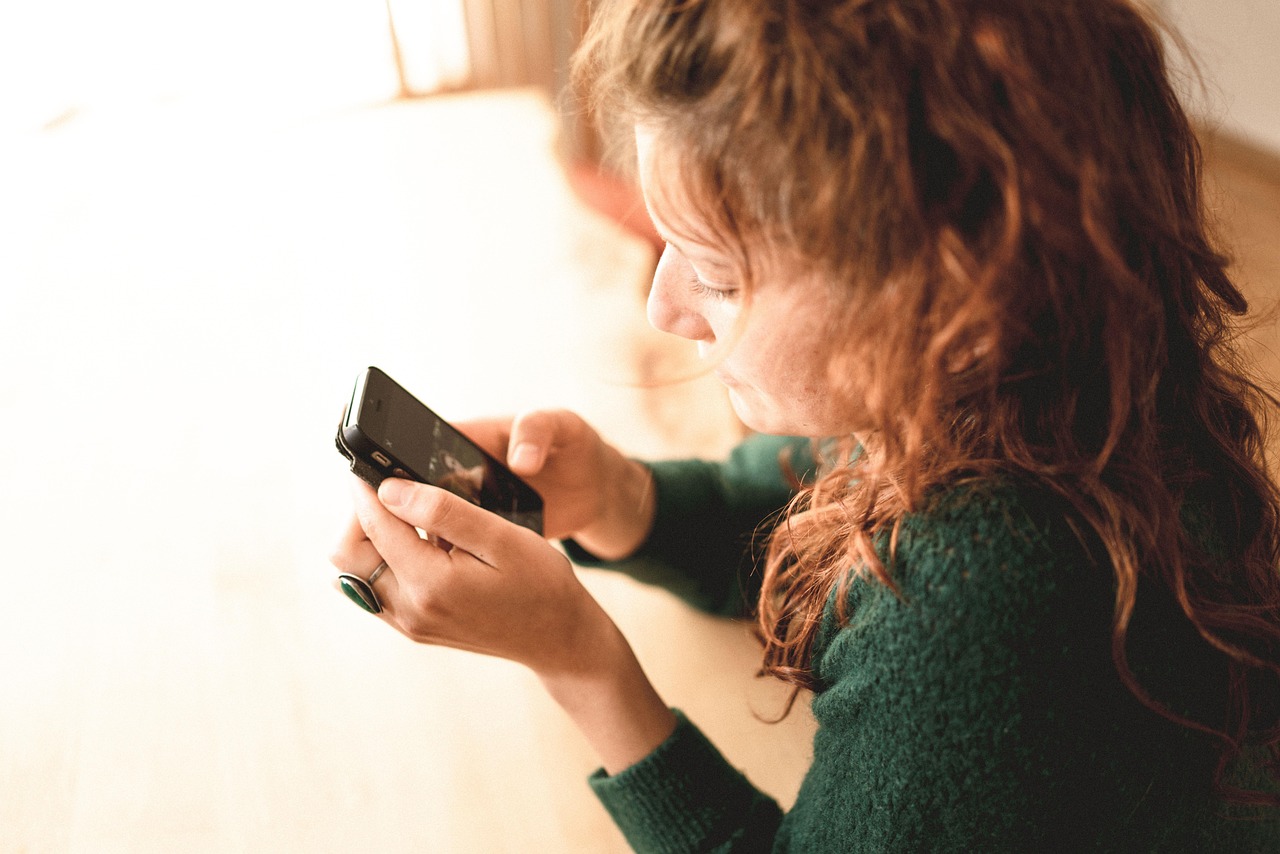What Does April 24th Mean on TikTok?
If you've been on TikTok during the month of April, you may have noticed rising concern or confusion around the date April 24th. But unlike fun TikTok trends tied to certain dates, April 24th has sparked serious discussions, fear, and misinformation.
So what’s the real story behind April 24th on TikTok?
Here’s everything you need to know — and why it’s important to stay informed.

⚠️ What’s the Meaning Behind April 24th on TikTok?
The origin of the April 24th TikTok discourse dates back to a viral hoax that first circulated in 2021. A disturbing video allegedly claimed that April 24th had been designated as a day to commit acts of sexual violence. Although no credible source ever confirmed the existence of such a “day,” the rumor quickly spread across social media platforms, including TikTok.
As the video went viral, TikTok users responded with outrage, concern, and calls for awareness. Many creators began posting warnings, safety tips, and calls to action — encouraging people to stay safe and report any threatening behavior.
🧠 Is April 24th a Real Threat?
As of now, law enforcement agencies and fact-checking organizations have found no evidence that this “event” was real or organized in any meaningful way. It appears to have been a cruel and harmful internet hoax, but that doesn’t make the reaction to it any less serious.
The fear and trauma it triggered were very real — especially for survivors of sexual assault, victims of online harassment, and young users on TikTok.
📱 TikTok’s Response
In response to the viral panic, TikTok removed related videos and hashtags, and many users spoke out to debunk the misinformation and redirect attention to:
Consent education
Survivor support resources
Digital safety awareness
TikTok creators, educators, and mental health advocates turned the situation into an opportunity to spread awareness about rape culture, internet safety, and the importance of speaking up when harmful content circulates.
🔍 Why You Should Be Cautious With Viral Dates
April 24th is a powerful reminder that not every trend or viral message is true — and that harmful misinformation can spread fast. It’s always important to:
Fact-check before sharing alarming claims
Report harmful content
Avoid amplifying hoaxes that can cause panic
Focus on real education and prevention
✔️ What To Do If You Feel Unsafe Online
Adjust your TikTok privacy settings (limit comments, DMs, duets)
Block and report any threatening or harmful users
Talk to someone you trust if content makes you feel anxious or unsafe
Follow credible safety accounts and educational creators who share resources and facts
Final Thoughts
While April 24th on TikTok originated from a disturbing and false narrative, it sparked meaningful discussions about digital responsibility, online safety, and consent culture. It also showed the power of the community to stand up, speak out, and take care of one another — even in the face of fear or confusion.

Start Growing your Instagram followers
Faster with PopularUp
Over 500+ 5 Star Reviews. Grow Your Account Today With Our Organic Methods


